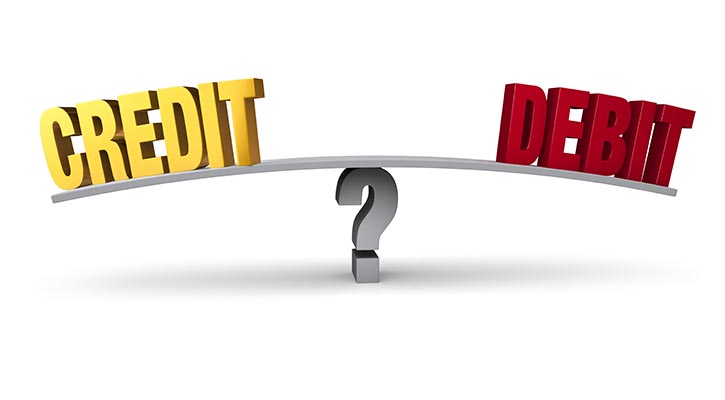
We all know the importance of going to college and continuing our education to prep ourselves for the best career to financially support ourselves in adult life.
The problem is that to obtain that degree to make money, you have to foot the bill, which can be quite costly, depending on your school of choice. Enter: financial aid. Financial aid is not only a crucial resource to help you achieve your education goals, but it also has an integral and intertwining relationship with your credit score.
Credit Scores and Getting Loans: Both Good and Bad Scores Have Options!
If you are trying to get a student loan and are scared that you will be denied due to no or a low credit score, relax! You might not get the exact loan of your choosing, but there are options available no matter what your credit to help you pay for the education you deserve to have.
There are two types of federal subsidized loans, the Stafford Loan and the Perkins Loan, that require no credit check to apply. You also do not have to get a co-signer to qualify for these loans.
If you have good credit, congratulations are first in order! The best time to start on the path to be a conscious credit connoisseur is establishing a great credit report through smart money moves. You also have set yourself up with multiple options for getting your student loans.
The first step on your journey towards receiving aid is by completing FAFSA, or Free Application for Federal Student Aid. This will provide you with all of your available options for receiving federally funded financial aid. What is great about these loans is the low interest rates and the lapse in time from graduation before you have to repay. Low interest helps you ensure that you can pay in full and on time for your loans to not go into default, which will help your credit score over time and prove your creditworthiness.
The other advantage you have by being an applicant with good credit, besides having your choice of the federal loan options, is that you are a candidate for private student loans. These loans are like personal loans and can cover expenses that would not adhere to the federal loan guidelines.
Credit Score Impact Post Graduation: The Importance of Repaying Loans Wisely
The intertwined relationship between your credit score and your student loans doesn’t end once you receive your diploma. You are just in the beginning steps of a long repayment journey that will either positively or negatively affect your credit report over time.
As with any installment loan, your number one focus should be to pay your required, sequential payments in full and by their due date. Doing so provides the same benefits to you as paying a mortgage or car loan on time would for your credit score in a positive manner. Your credit report will also reflect your ability to pay on time consistently, proving creditworthiness and making you an ideal candidate for loan application, whether a personal loan or another type of installment loan.
The flip side of this financial aid coin is allowing your student loan to default. This should be a move of last resort for you, as the consequences of letting loans slip into default are long-term and difficult to repair. Not only will your credit score be damaged, but this information will be readily available on your credit report, which can affect your ability to get a quality job – even with your degree. Not to mention how this makes it even more difficult to get out of your ever-growing debt.
Loans Aren’t The Only Answer
You should also check out scholarships and grants that could be available to you, especially as an incoming freshman. Sites such as My Education Guide can help you find and apply for grants that are applicable to you.




















